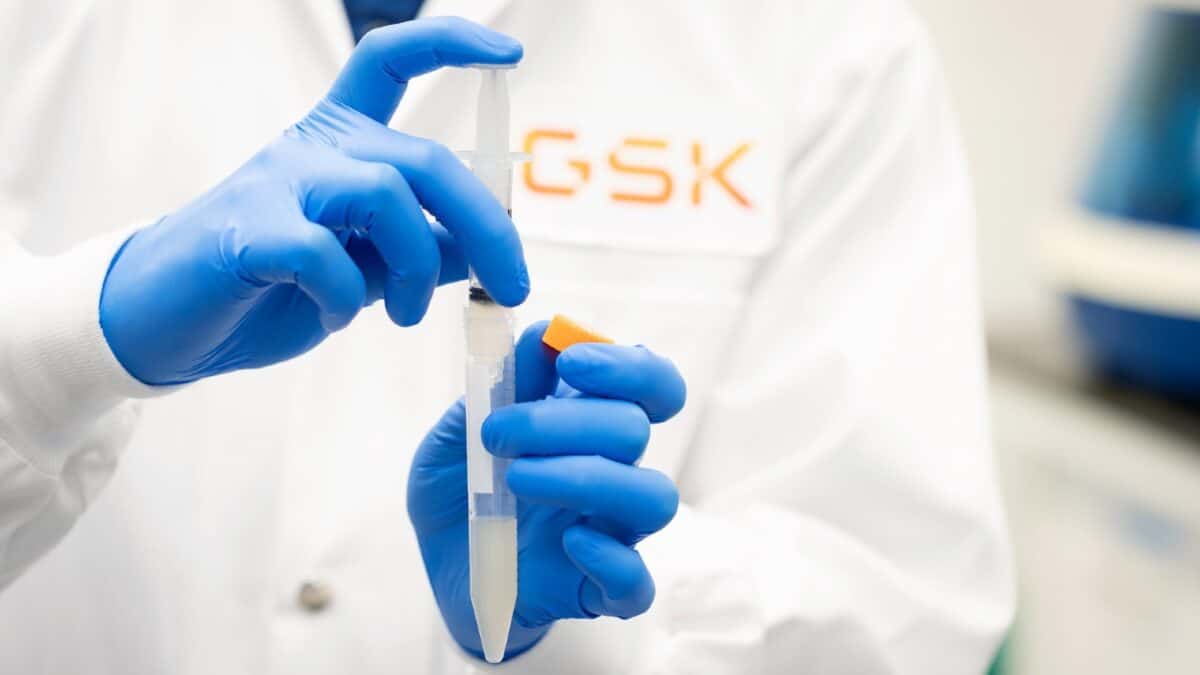GlaxoSmithKline (LSE:GSK), a FTSE 100 share, has hooked a massive contract with the Chinese government.
The £2.5bn distribution deal, announced earlier this month, gives China’s Zhifei Biological Products exclusive rights to distribute GSK’s shingles vaccine throughout the country.
For context, GSK’s market cap hovers around £80bn, making this contract far from trivial.
The art of the deal
Shingles is a viral condition that causes painful, blistery rashes, especially among the elderly. Given China’s ageing population, the market for a reliable shingles vaccine is potentially enormous. This newly minted contract could be a major revenue booster for GSK going forward.
And this isn’t a simple one-time transaction. It’s a three-year exclusive partnership with an option for renewal. The goal is to expand the reach of GSK’s shingles vaccine, known as Shingrix, and to speed up its accessibility to Chinese patients.
Starting from 1 January 2024, Zhifei will have the sole rights to bring Shingrix into China and distribute it through Zhifei, a Chinese biotech and medical logistics firm.
A network to reckon with
Zhifei, based in the Chongqing municipality, has committed to purchasing £2.5bn worth of the Shingrix vaccine over the initial three-year term. Zhifei boasts a service network that includes more than 30,000 vaccination centres across China.
The partnership could be a springboard for GSK to sign further deals for other vaccines. GSK’s extensive portfolio includes vaccines against hepatitis A and B, HPV, seasonal flu, chickenpox, and rabies.
Importantly, the deal opens the door for GSK to actively participate in raising awareness about its shingles vaccine to stakeholders in China. As a result, GSK will likely add a lot of contacts to its phonebook, potentially greasing the wheels for future deals in the world’s most populous nation.
Taking a look under the hood
GSK’s win in China has the potential to be a fantastic catalyst. But how much of that has already been priced into the stock?
The company’s price-to-earnings (P/E) ratio is 11, significantly lower than the pharmaceutical industry average of 38. That suggests investors are pessimistic about the company’s prospects, resulting in a basement-bargain stock price. Notably, GSK’s P/E ratio is the lowest it’s been in five years.
Part of that negativity could be due to its hefty debt-to-equity ratio of 176%. Leverage-fueled growth could backfire now interest rates are higher. In the near-zero-rate world, you didn’t have to grow very fast to keep interest payments as a proportion of earnings stable. Now, with interest rates significantly higher, the proverbial horror movie monster has got a spring in its step. Companies with heavy debt loads could see earnings grow slower than interest charges mount up.
Having said that, GSK’s interest-cover ratio of 11 shows it’s not currently struggling with its repayments. In other words, its earnings are 11 times its interest-payment obligations.
Regardless, I’m put off by GSK’s debt mountain. I see potential for further China-directed growth spurts, but I fear the company might have waded into a debt quagmire in pursuit of such opportunities. I won’t be adding GSK stock to my portfolio.








